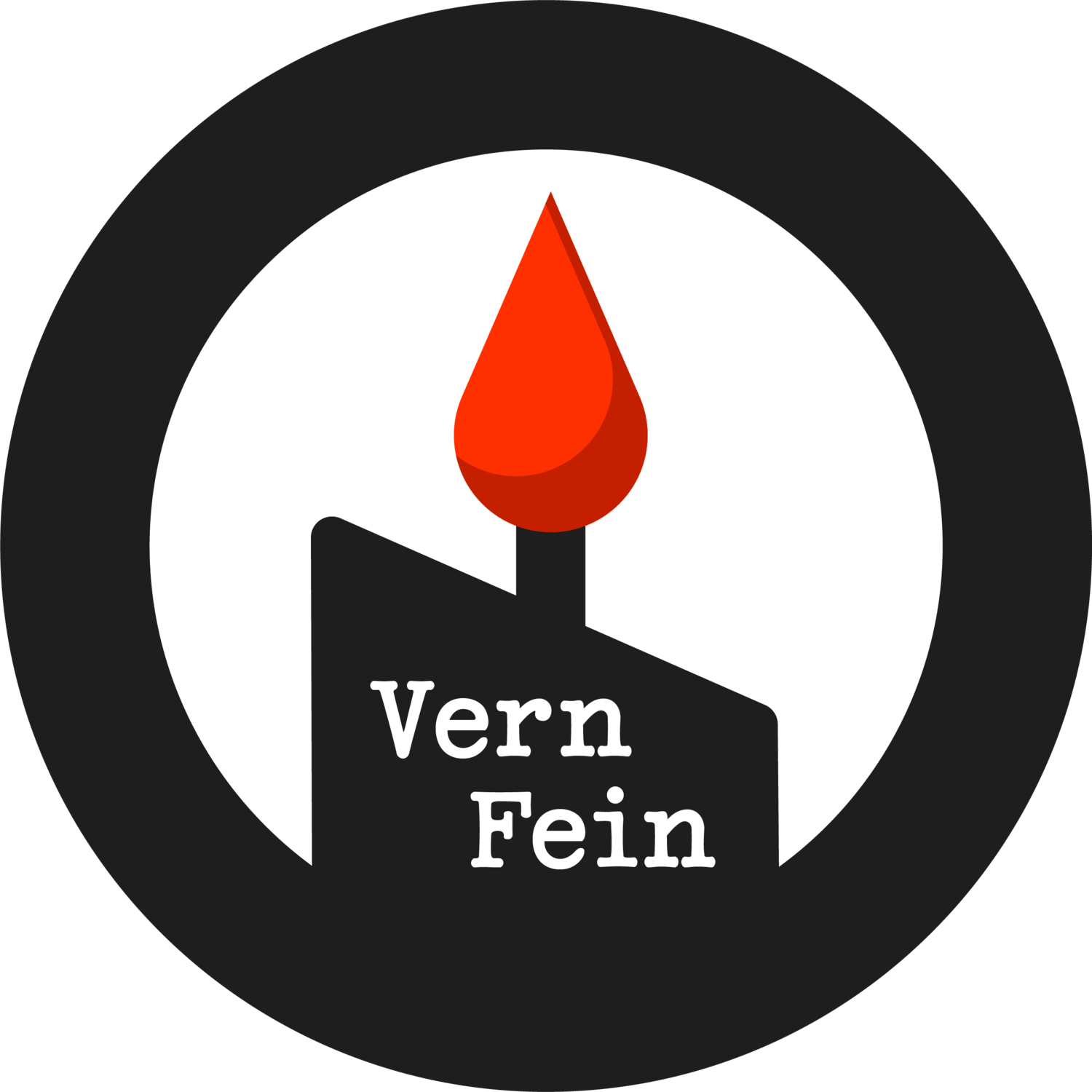I've said it. You've said it.
What does it mean?
Just a bird being happy?
Aren't all birds happy?
Mudlarks, robins, bluebirds.
In 18th century England , though,
the unhappy poor struggled,
doomed to a life of poverty,
desperate for the family to eat daily.
They scoured the shores
of the murky Thames River.
It was their bank, grocery store.
Combed the beaches
for every item that might
bring a coin or two,
lumps of coal, scraps of metal,
pieces of cargo lost in wrecks.
Anything salvaged, fair game.
A pitiable scene, women and girls
mostly, dirty aprons filled
with smut and bother,
hoped to sell anything.
But the local reports saw
who they called mudlarks
differently, happy and smiling
and grateful as they
gathered their daily wares,
rain or shine, mud or sand.
In Chekov's play,
The Cherry Orchard,
a serf named Anfisa
has a small scene.
She kneels in her tiny room,
beside her straw bed,
and thanks God
for what she has,
while her masters pule
as their estate is sold.
Anfisa was a mudlark.
How easy should it be
for us, in our privilege,
to be mudlark happy too?
Originally published in Feed The Holy
